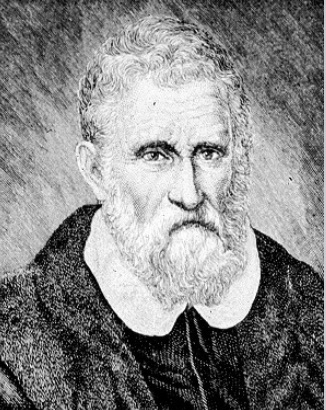
Marco Polo was born on September 15, 1254 in the Republic of Venice into a wealthy merchant family, and his father, Niccolò Polo, and uncle, Maffeo Polo, were experienced traders who had already made several journeys to Asia. When Marco was just 17 years old, he and his father and uncle embarked on a journey to the East. They traveled along the Silk Road and eventually reached the court of Kublai Khan, the Mongol emperor of China. Marco became a favorite of Kublai Khan and served as an emissary and diplomat in his court. He traveled extensively throughout the Mongol Empire, which at the time was the largest empire in the world.
After spending about 24 years in Asia, Marco Polo and his family decided to return to Venice. They left China in 1292 and arrived back in Venice in 1295. Venice was at war with Genoa at the time, and Marco Polo was captured and imprisoned during a naval battle. While in prison, Marco Polo began recounting his adventures and experiences in Asia. He dictated his stories to a fellow inmate, Rustichello da Pisa, who wrote them down in a book known as “Il Milione” (The Million) or “The Travels of Marco Polo.” The book described the geography, culture, and riches of the lands he had visited.
Marco Polo’s book became immensely popular and had a profound influence on European exploration and perceptions of the East. It inspired other explorers, including Christopher Columbus, and contributed to the Age of Exploration. Marco Polo was released from prison in 1299, and he returned to a quieter life in Venice. He married and had three children. He also became a wealthy merchant, trading in various goods.
Marco Polo died in Venice in 1324, but his legacy lived on through his writings and the impact of his travels. Marco Polo’s travels and writings remain a significant historical and literary contribution. His descriptions of the exotic and unknown East captivated the imagination of Europeans and opened the doors to further exploration and trade with Asia.
